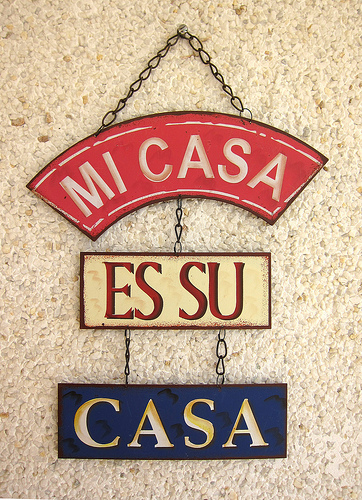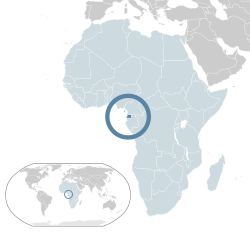¿Has visto los Simpsons en español? ¿O alguna película con Brad Pitt? ¿O la entrega de los premios Oscar? La televisión en España y en Latinoamerica suele estar doblada al español. Cada personaje y cada actor tienen una voz única en español... Un momento, ¿dije única?
Pues la verdad es que no es así. En español, practicamente todos los personajes de las caricaturas, así como los actores de las películas no tienen una voz, sino dos: una voz con acento mexicano y otra voz con acento español.
Como bien sabemos, dependiendo de la zona en la que se criaron, las personas que hablan español tienen acentos distintos, es decir, si bien usan la misma lengua, tienen entonaciones distintas y algunas veces incluso usan palabras distintas, aunque se entiendan perfectamente. Existe un acento europeo, un acento cubano, un acento colombiano, un acento argentino y así muchos otros.
Pero en la televisión en español, practicamente sólo existen dos acentos: el de México y el de España. El acento mexicano se impuso en toda Latinoamerica por razones históricas. Los mexicanos tuvieron una industria cinematográfica durante la primera mitad del siglo XX y fueron los primeros en doblar las películas que venían de Estados Unidos y Europa. En el resto de los países latinoamericanos, la gente se acostumbró a escuchar los doblajes mexicanos y hasta el día de hoy sigue siendo el acento predilecto para doblar las películas y caricaturas.
De hecho, no es extraño escuchar a actores de teatro en algunas partes de Latinoamericana imitar el acento méxicano: ¡para muchos latinoamericanos el acento de la actuación es el acento mexicano!
En España, sin embargo, se estableció una industria del doblaje independiente, impulsada por el nacionalismo de principios del siglo pasado. De modo que en España las películas están dobladas con acento español o peninsular.
¿Te gustaría escuchar la diferencia? Mira este video de los Simpsons, en el que se comparan los dos tipos de doblaje:
-
Have you seen the Simpsons in Spanish? Or have you seen any Brad Pitt movie for that matter? What about the spanish-dubbed ceremony of the Oscars Awards? Television in Spain and Latin America is usually dubbed. Each character and each actor or actress has an unique voice in Spanish... One moment, did I say unique?
well, in fact this isn't true. In Spanish almost every cartoon character, as almost any movie actor has not one but two voices: one voice with mexican accent and another voice with Spanish accent.
As we already know, depending on the place where someone has been raised Spanish speakers have different accents, that is they use the same language but with different intonations and sometimes with different words, although they understand perfectly well. There is a European accent, a Cuban accent, a Colombian accent, an Argentinian accent and so on.
But in Spanish TV, there practically only two accents: the Mexican and the Spaniard one. The mexican accent became the ideal in all of Latin America for historical reasons. Mexicans had a big cinematographic industry during the first half of the 20th century and Mexico was the first to dub the movies that came from the States and Europe. In all of the other Latin American countries, people got used to listening the Mexican dubbing and to this day the Mexican accent it's still an ideal for the industry of dubbing.
In fact, it isn't weird to listen to play actors in some part of Latin America other than Mexico speaking like Mexicans: for many Latin Americans the accent of performing arts is the Mexican accent!
In Spain, however, the dubbing industry was established independently upon the nationalist way of thinking from the beginnings of the 20th century. For this reason in Spain the movies are dubbed with a local accent (Spaniard or peninsular).
Would you like to see the difference for yourself? Watch out this video from the Simpsons, where the two accents are compared:





